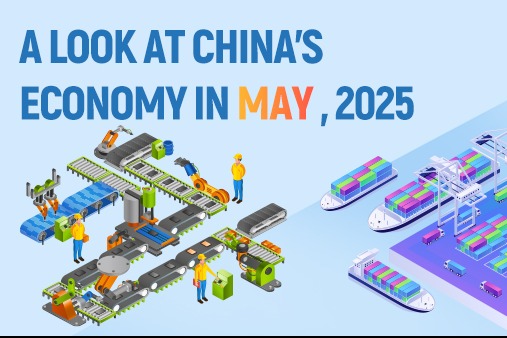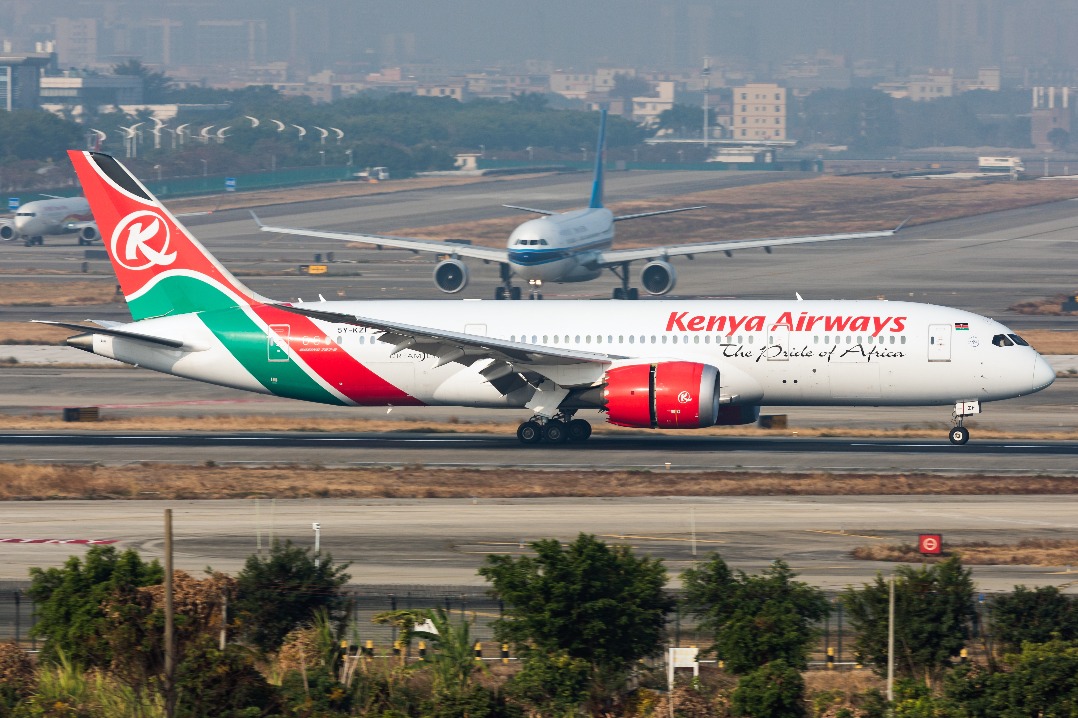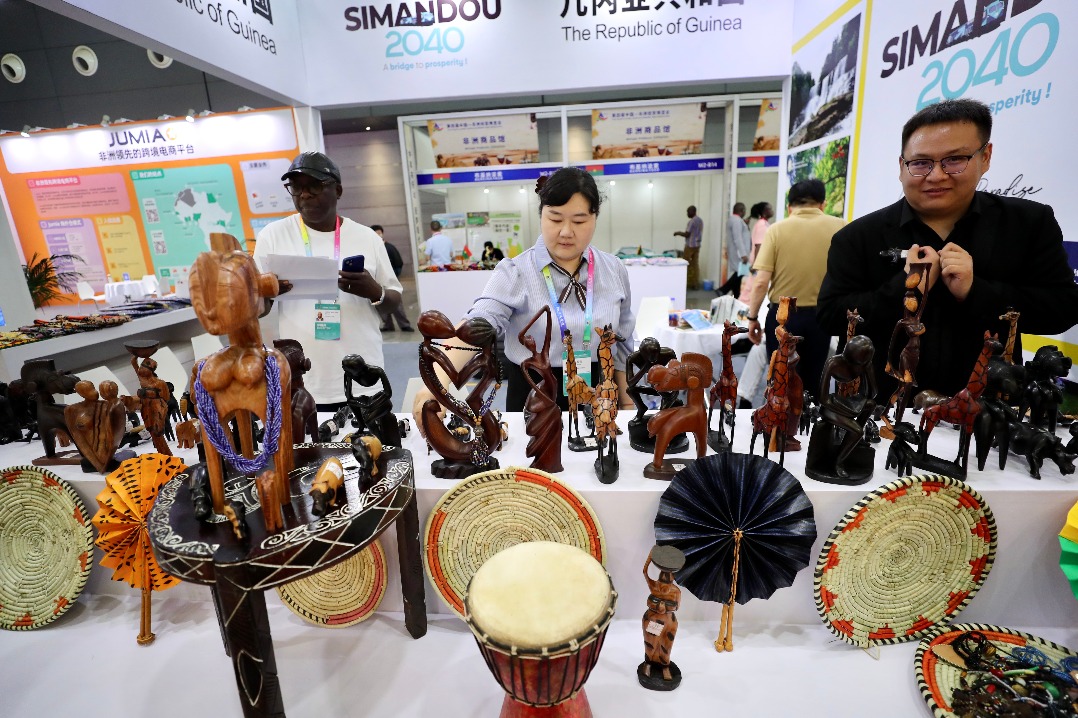China escalated fiscal policy, counter-cyclical steps to boost recovery and stabilize growth


China stepped up its proactive fiscal policy and counter-cyclical measures last year to support economic recovery and stabilize growth, according to a report submitted to the ongoing session of the Standing Committee of the National People's Congress, the national legislature, on Tuesday.
In line with the decisions made at the Political Bureau of the Communist Party of China Central Committee on Sept 26, 2024, measures have been advanced on both the supply and demand sides to accelerate the implementation of incremental fiscal policies, Minister of Finance Lan Fo'an told lawmakers while presenting the report.
Building on previously announced local debt resolution efforts, China approved an additional local government debt quota of 6 trillion yuan ($836.7 billion) to replace implicit local government debt. A total of 2 trillion yuan will be allocated annually from 2024 to 2026, to reduce outstanding implicit local debt to 2.3 trillion yuan by the end of 2028.
The move aims to enhance debt transparency, ease fiscal pressure on local governments, and create more room for financial and policy support. Of the total, the 2 trillion yuan quota for 2024 has already been fully issued and largely executed, with average interest rates on the swapped debt falling by over 2.5 percentage points, the report said.
To further stimulate consumption and investment, the ministry rolled out new policy tools, including the issuance of 1 trillion yuan in ultra-long-term special treasury bonds and the formulation of interim fund supervision rules.
The funds promoted programs for large-scale equipment renewals and trade-in deals for consumer goods and further supporting major national strategies, while building up security capacity in key areas.
Specifically, 700 billion yuan was allocated to support over 1,400 major projects covering high-level scientific and technological self-reliance, urban-rural integration, food and energy security, and ecological conservation. Another 300 billion yuan was allocated, supported by new fiscal interest subsidies, to increase subsidies for vehicle scrappage and home appliance trade-ins.
More than 6.8 million vehicles and 62 million appliances were replaced last year, driving product sales of over 1.3 trillion yuan and pushing investment in equipment and tools up by 15.7 percent.
The government also refined the allocation of special-purpose bond quotas, expanded project reserves, widened the scope of supported areas, and accelerated bond issuance and fund usage. More than 40,000 projects received funding in 2024, with over 350 billion yuan used as project capital.
Continued oversight was carried out for the 15,000 projects backed by additional treasury bonds issued in 2023, with a focus on post-disaster recovery and strengthening disaster prevention and relief capacity.
Competitive selection was introduced in key areas. This includes support for 12 cities to enhance national freight hub infrastructure, pilots for digital upgrade of road and waterway transport in eight provincial-level regions, and the launch of modern commercial logistics pilot programs in 20 cities.
Meanwhile, the ministry also improved tariff measures and supportive policies for developing foreign trade and investment to stabilize foreign trade and attract foreign capital.




































